“So, what is marketing? This isn’t a rhetorical question. This is the search terms I fed into Google when I was told the theme of this magazine! I thought it was best just to check what is means! So, evidently, we are by no means marketing experts, but in just over a year, our two man band team has developed what has become a recognisable brand, which punches above its weight in terms of reach, influence and acquiring new business. In this article, we’ll explain not what should be done (check out one of the many successful marketing manuals, websites or professionals for that), but what we have done, and found to be successful, to promote our business.”
Find the rest of the article on pages 24-26 of the Think Enterprise magazine. You can also now find the article text at the bottom of this post.
Click on the links below to link to Clare’s previous articles in the Think Enterprise magazine.
If it makes you happy… happiness levels among the self-employed
Is self-employment right for me?
Talbot Jones Risk Solutions is an insurance brokerage specialising in Charity and SME insurance. Get in touch if you’d value a free insurance review, advice or quotation and we’ll be more than happy to help.
So, what is marketing? This isn’t a rhetorical question. This is the search terms I fed into Google when I was told the theme of this magazine! I thought it was best just to check what is means! So, evidently, we are by no means marketing experts, but in just over a year, our two man band team has developed what has become a recognisable brand, which punches above its weight in terms of reach, influence and acquiring new business. In this article, we’ll explain not what should be done (check out one of the many successful marketing manuals, websites or professionals for that), but what we have done, and found to be successful, to promote our business.
Pre-start Preparation
Market Research
Before we launched, Richard sat down and did some market research. Was there an opening for the services we wanted to provide? It takes a lot of money and a lot of effort to break into a crowded market. We identified a gap in the market that matched our niche specialism of insuring in Charities and Start Ups that made us stand out from other Commercial brokers. We made that our target market, rather than trying to grab every piece of business that we could.
Branding, logo and website
Although we are a ‘lean’ business that tries to keep unnecessary spending to a minimum, we dedicated a reasonable budget to branding and website. We paid an expert to bring to life our branding ideas and marry our concepts with best practice in design. This finished product reflects our ideals of professionalism and a high-quality service. Having a personalised domain name for an email address only costs a few pounds per year and suggests an established, committed business that is here to stay.
Business Cards
We always make sure we have a stack of cards about our person, wherever we go. With local independent printers only charging around £25 for 500 good-quality printed cards, there is little reason why any business person need go without. They show we are professional, invested in our business, proactive, organised and engaged.
Find your voice
From the outset, we were keen to use quite an informal, personal voice for our business. As our business’ core values include integrity, honesty and transparency we felt that it was important to speak naturally, rather than putting on a forced tone of ‘corporate speak’. We are small, approachable, flexible and we know our clients- these are things that make us stand out from our larger competitors, so we can let that shine through, rather than try to copy their style. Letting people get to know us and trust in our competency, expertise and care is our objective- we don’t need to sound like a robot to get people to trust that we’re professional and expert at what we do!
Face to Face networking
We love getting out and about to meet people, and there are so many fantastic groups in our area. We attend a mix of free, low-cost and paid groups, but have a policy that we don’t tie in to any groups that require us to refer solely or predominantly within the group. There are lots of insurance brokers out there, and we want people to refer us to others as they believe that we are the best match for that organisation, not based on any other reason. This may mean our business grows more slowly than it might, but it has firmer foundations, so growth is steady, we are well-suited to our clients and they stay with us year after year.
We always make sure we get a card from those we’re keen to connect with, rather than relying on them to get in touch. In this way, we can be proactive and engage with them within 24 hours, when the meeting is still fresh in our minds. We try to connect on all our different platforms and send a message, perhaps connecting them with a useful contact, sharing a useful article on a topic we discussed or arranging a meeting. This strategy has proved very useful, helping us to build and maintain relationships that can otherwise quickly be forgotten, with lost opportunities.
Social media
We gain several warm leads most days from our social media platforms and have built some really strong relationships from people we have connected with online.
We try to connect and network online in just the same way as we do in real life- we’d never just step into a crowded room and start shouting loudly about what we do. No, we introduce ourselves, we ask others more about themselves, we introduce new connections to other contacts that they might find interesting and helpful, we share our expertise and experiences…and then, when a relationship has been established, we might offer our services, when appropriate.
By taking our time, we build up strong and established relationships, we develop an understanding of our client-base and we build trust, respect and friendship. We find out about a lot of exciting and inspiring initiatives that we can help to promote and that encourage and inspire us. Focussing on relationships rather than sales has served us well.
It’s important to note that this can take a lot of time and effort and can sometimes feel like an uphill struggle. After discussing the frustrations of online marketing with a group of local business owners I decided to write a blog outlining how we can support small businesses online- it was the least-read article that I posted that month! But, with time, persistence and consistency, the hard work has been paying off. Our name, faces and brand are becoming more widely known and we’re starting to find when we meet someone in our target market for the first time, that they may already have heard good things about our services. This is a great position from which to start a conversation!
We built up around 2000 followers in 10 months working quite hard to connect with relevant people and engage with them personally. Every 2 weeks we schedule 14 days’ worth of tweets, using a mix of blog content to add value, recommendations from clients, insurance tips and the odd ‘salesy’ post. Where possible, we add links back to our website as well as relevant hashtags to increase the reach.
As tempting as it might be, we don’t use our account to vent frustration or leverage influence when we’re disappointed with a product or service in a personal capacity, as we don’t feel that this is appropriate or looks professional.
Throughout the day we supplement our scheduled tweets with posts to promote services we have enjoyed or appreciated- checking in at a local restaurant or showing gratitude to a local service provider. Not only does this encourage and reflect well on them, it builds good, positive working relationships and helps to generate a culture of gratefulness and appreciation.
We use national and local hashtag hours (search online to find up-to-date lists) to build relationships and make connections.
When we have a few minutes to spare we’ll log on to retweet a post or two that we think would be of use to our followers. If someone retweets one of our posts, we will go to their profile and find one of their tweets to repost- much more useful to them, we believe, than tweeting them “thank you”.
When retweeting, we always try to think in terms of how we’d interact in real life. If someone comments “Hope you’ve had a great week at the office!” I would thank them, and assure them that I had. I certainly wouldn’t shout the question loudly to the rest of the room and then ignore my original contact. In the world of Twitter, we wouldn’t retweet such a comment, but we’d reply to it. We only retweet pieces of information that we think are of use or interest to our followers, for example not-for-profit grant fund applications, charity events or small business training.
For a long time, we didn’t focus much on our Facebook page. The following and reach was small and primarily made up of our friends. People, we mused, don’t want to be reading about insurance on Facebook! They want to be looking at videos of cats and finding out who’s getting married or found a new job!
Despite our small following, we started to notice that posts on Facebook were actually driving more traffic to our website than Twitter. And then we discovered Facebook groups! A blog shared in the right group can generate upwards of 1000 visits in a day to our site- small fry to a lot of industries, but significant for ours. As well as generating traffic for our website, this also produces a few extra good-quality followers, slowly but surely, who are beginning to turn into clients and referrers, too.
After a year of trying, I still find LinkedIn quite unintuitive and stale, however as Richard uses it to great advantage, I can see that it is an indispensable tool for business marketing. He posts something useful daily, connects with others to celebrate their anniversaries and new positions with a personalised note, joins in discussions and makes useful contributions. This keeps him in people’s mind as an active and expert professional, and has helped him maintain relationships with longstanding clients.
Youtube
Marketers have been telling us all year that video content is the future. As Richard and I are both pretty camera shy, we have been content with the excuse that our product isn’t really one that people want to watch videos about. But, then I made a very quick little animation just to check…and it was extremely popular and got lots of people talking and engaging! Since then we’ve had video content in the back of our mind. We wasted about a whole day and a half trying to unsuccessfully film the first of what would have been a series of videos about the Insurance Act 2015. It was a very frustrating process and we didn’t manage one single cut without a massive blooper!
Not ones to stay within our comfort zone, we’ve decided to try again with video content, filming a Facebook Live on XXXXXXXXX to introduce ourselves and give a guided tour of our office. By starting with a personal topic there’s no worries we’ll make a mistake and give wrong advice because we’re so horrified by the pressure of live screening- but once we press ‘record’, there’ll be no chickening out! Hopefully it will give us the confidence and encouragement to make more videos on topics within our areas of expertise.
Good marketing isn’t always comfortable and it must never stay the same.
Analysis
So how do we know what’s working and what’s not working? We use Google, Facebook and Twitter Analytics to see what’s working and what isn’t. What content engages people? What parts of the site are people visiting or not visiting? Where are our visitors coming from? Who is our audience? What are their interests? What do we need to do to get people moving around the site? We also talk to our audience and ask them what they found useful and of interest, and if they have any ideas for future content.
Although we have a great deal to learn about marketing, we are very pleased about what we have achieved in our first year of business. Is our marketing strategy successful? Well, how do you define success?! If your definition is producing a campaign that allows us to buy a yacht and spend 6 months of the year working from the Bahamas sipping on a Pina Colada, our marketing strategy sucks! But by our definition- connecting with our target market, finding the kind of clients we want to work with, winning business from a variety of avenues, meeting our financial targets, building strong relationships, developing a stron
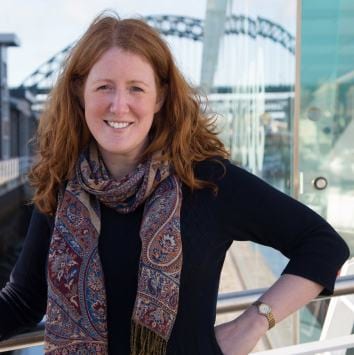
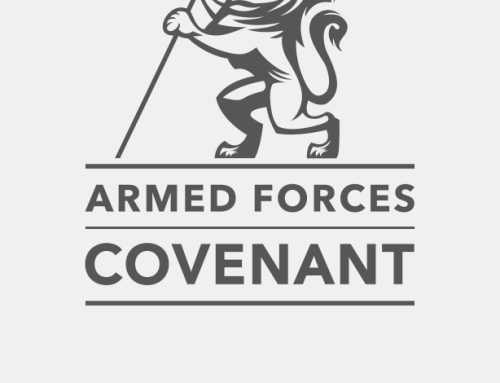
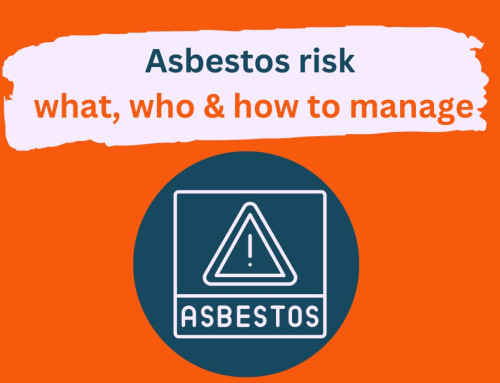
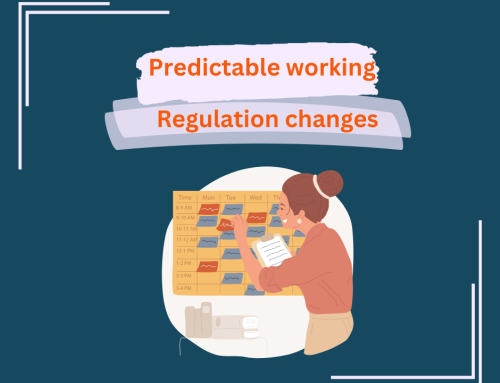
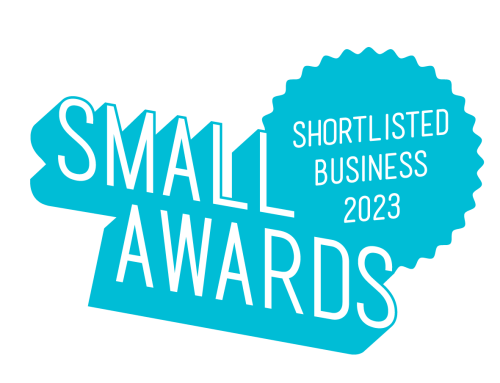

Very informative blog, especially for someone who knows nothing about the subject. Well done.